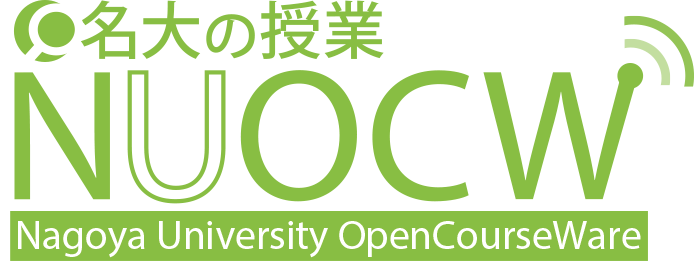C*-algebraic methods in spectral theory

| Lecturer | Serge RICHARD, Designated Professor |
|---|---|
| Department | Graduate School of Mathematics, 2022 Spring |
| Recommended for: | Master's Students in Graduate School of Mathematics |
Goals of the Course
This course will provide an overview on some of the most recent tools introduced in functional analysis for the study of operators related to quantum mechanics. During the first lectures, we shall quickly review some basics properties of bounded and unbounded operators on Hilbert spaces, and introduce the spectral theorem for self-adjoint operators. After reviewing some definitions and properties related to C*-algebras, we shall show how crossed product C*-algebras are naturally linked to generalized Schroedinger operators, and how information on these operators can be deduced from representations of these algebras. A related construction involving twisted crossed product algebras and its application for magnetic systems will then be discussed.
Objectives of the Course
Understand the constructions related to crossed product C*-algebras, and observe how this algebraic framework can be applied successfully to the spectral theory of operators.
Course Content
-
Linear operators on a Hilbert space
-
C*-algebras
-
Crossed product C*-algebras
-
Schroedinger operators and essential spectrum
-
Twisted crossed product C*-algebras
-
Pseudodifferential calculus
-
Magnetic systems
Course Prerequisites
Knowledge on standard undergraduate linear algebra, calculus and advanced calculus.
Related Courses
Any courses on function spaces or on operator algebras.
Course Evaluation Method and Criteria
Grades based on attendance and on written reports. An active participation of the students is expected.
Textbook
Additional information
Conditions of Other department student's attendance
This course is open for any students at Nagoya University. Motivated undergraduate students are also welcome.

This lecture is provided under Creative Commons Attribution-Non Commercial-ShareAlike 4.0 International.
Last updated
August 25, 2022
